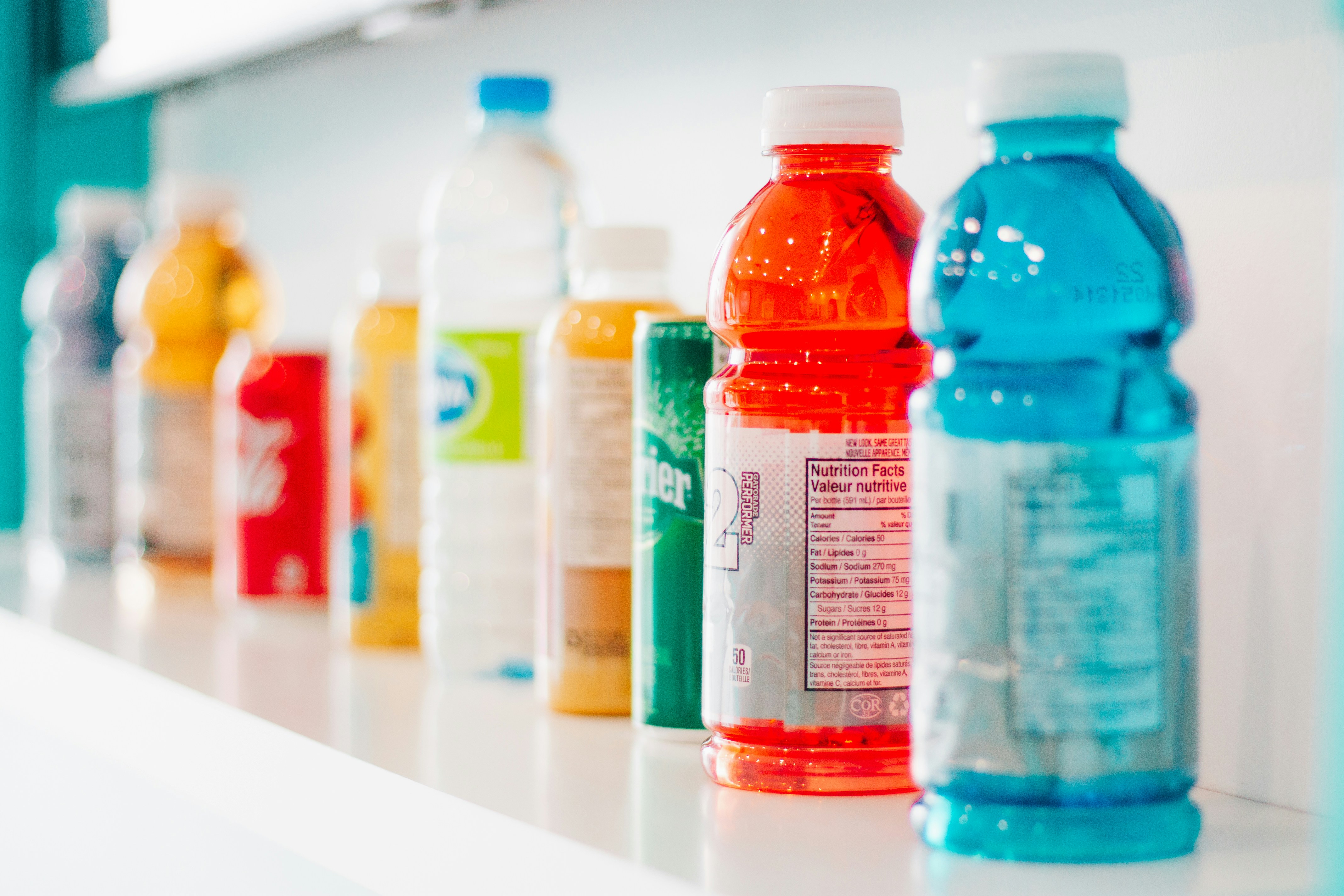Nutrition plays a critically important role in the performance and overall well-being of runners. This is particularly relevant when considering Relative Energy Deficiency in Sport (RED-S). RED-S is a condition in which an individual's energy intake is insufficient to meet the demands of their training and activity levels. It can have detrimental effects on health and performance, particularly in endurance athletes such as runners.
Here are several reasons why nutrition is essential for runners, with RED-S taken into consideration:
1. Energy availability: Runners require an adequate energy intake to support their training and performance. Insufficient energy intake can lead to a negative energy balance, causing fatigue, impaired recovery, decreased immune function, and increased risk of injury.
2. Hormonal balance: RED-S can disrupt the balance of hormones such as estrogen, testosterone, and insulin-like growth factor-1 (IGF-1). This imbalance can result in menstrual irregularities, decreased bone mineral density, decreased muscle mass, and impaired overall health.
3. Adequate nutrient intake: Runners need to ensure they consume a well-balanced diet to support their energy expenditure and recovery. This includes sufficient intake of carbohydrates for fuel, protein for muscle repair and growth, and healthy fats for energy and other essential functions.
4. Bone health: RED-S can lead to decreased bone mineral density, making runners more susceptible to stress fractures and other bone-related injuries. Adequate intake of calcium, vitamin D, and other bone-supporting nutrients is crucial for maintaining strong and healthy bones.
5. Immune function: Strenuous training regimens can suppress the immune system, making runners more susceptible to illnesses and infections. Proper nutrition, including adequate intake of vitamins, minerals, antioxidants, and immune-boosting nutrients, can help support a robust immune system.
6. Recovery and muscle repair: Runners, especially those with RED-S, need sufficient nutrients to aid in recovery after intense training sessions. Consuming an appropriate balance of carbohydrates, protein, and antioxidants can help optimize recovery, repair damaged tissues, and reduce muscle soreness.
To avoid RED-S and optimize performance, it's essential for runners to work with a sports nutritionist or a registered dietitian who specializes in sports nutrition. These professionals can help runners develop personalised nutrition plans tailored to their specific energy needs, training goals, and any existing conditions, including RED-S.
More related to this articles

🧠 Blog Post: Antioxidants & Athletic Performance - What the Latest ISSN Position Stand Reveals
In the world of sports nutrition, antioxidants have always sparked debate. Should athletes load up on antioxidant supplements to speed recovery? Or could too much blunt the very gains you’re training for?

Electrolytes: Why They’re Overrated (and When You Actually Need Them)
Electrolytes are one of the most overhyped products in sports nutrition. While brands push powders and tablets as everyday essentials, most athletes don’t actually need them for regular training. Water and a balanced diet provide more than enough for sessions under an hour. Electrolytes only become useful in hot conditions, during long endurance events, or for athletes with heavy sweat losses. The takeaway? They’re a tool for specific situations, not a daily performance hack.

.svg)

